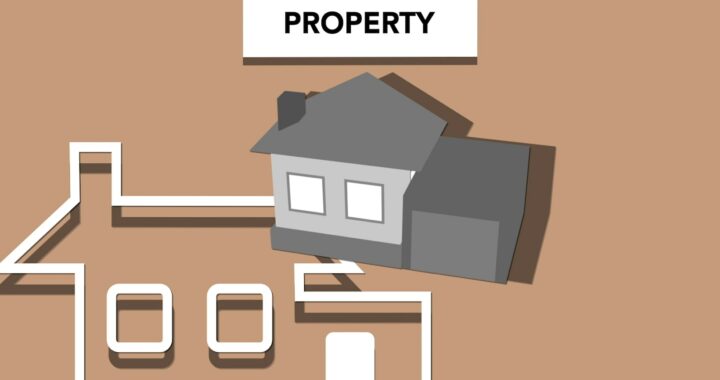
How Much Does It Cost to Invest in Real Estate: A Comprehensive Guide
Are you curious about the costs associated with investing in real estate? Wondering how much it would actually set you back to dive into this lucrative market? Well, let me break it down for you. Investing in real estate can indeed be a significant financial commitment, but the exact cost depends on various factors such as location, property type, and your investment strategy.
When considering the expenses involved in real estate investment, one of the primary costs to account for is the purchase price of the property itself. Whether you’re looking at residential properties, commercial buildings, or even vacant land, prices can vary greatly depending on the region and local market conditions.
In addition to the purchase price, there are other expenses that need to be factored into your budget. These may include closing costs (such as title insurance and legal fees), property taxes, insurance premiums, maintenance and repairs, and potentially property management fees if you choose to hire someone to oversee your investment.
Factors to Consider When Investing in Real Estate
When it comes to investing in real estate, there are several factors that one must consider. The decision to invest in a property is not one to be taken lightly, as it requires careful analysis and evaluation. In this section, we will explore three key factors that should be taken into account when considering an investment in real estate: location, property type, and market conditions.
Location
The old adage “location, location, location” holds true when it comes to real estate investments. The location of a property can greatly impact its value and potential for returns. Here are a few aspects to consider:
- Neighborhood: Is the neighborhood desirable? Does it have good schools, amenities, and infrastructure?
- Accessibility: How accessible is the property? Are there transportation options nearby?
- Future development: Are there any planned developments or improvements in the area that could positively impact property values?
Choosing the right location can significantly increase the chances of a successful investment.
Property Type
Another important factor to consider is the type of property you plan to invest in. Different types of properties come with their own set of advantages and considerations:
- Residential properties: These include single-family homes, condominiums, apartments, etc.
- Commercial properties: This category includes office buildings, retail spaces, industrial warehouses, etc.
- Mixed-use properties: Combining residential and commercial elements can offer additional opportunities for income generation.
Each property type has its own pros and cons in terms of cash flow potential, maintenance costs, tenant turnover rates, and market demand.
Market Conditions
Understanding current market conditions is crucial before making any investment decisions. Here are some key points to keep in mind:
- Supply and demand: Is there high demand for properties in your target area? Are inventory levels low or high?
- Trends: Stay informed about local trends such as population growth, job opportunities, and economic stability.
- Interest rates: Keep an eye on interest rate fluctuations as they can impact borrowing costs and affordability.
By studying market conditions, you can make more informed decisions about when and where to invest in real estate.
Remember, these factors are just the tip of the iceberg. Real estate investment is a complex field that requires careful consideration of numerous variables. Analyzing these factors will help guide your decision-making process and increase the likelihood of a successful investment.

How Much Does It Cost To Invest In Real Estate
When it comes to investing in real estate, one of the crucial steps is researching the local market. This helps you gain insights into property values, rental rates, and potential returns on investment. Here’s a breakdown of how to conduct effective research:
- Identify Your Target Location: Start by narrowing down your search to specific cities or neighborhoods that align with your investment goals. Consider factors like job growth, population trends, amenities, and proximity to schools or transportation.
- Analyze Market Trends: Look at historical data and current market trends to understand how the real estate market has performed over time in your target location. Check for patterns such as appreciation rates, vacancy rates, and average days on the market.
- Study Comparable Sales: Examine recent sales of similar properties in the area to determine their selling prices and compare them to their initial listing prices. This will give you an idea of how much properties are actually being sold for in the local market.
- Evaluate Rental Demand: If you’re planning to invest in rental properties, it’s essential to assess the demand for rentals in your chosen area. Look at vacancy rates, rental prices, and consider talking to local property managers or real estate agents who can provide insights into rental demand.
Remember that every real estate market is unique and constantly evolving. It’s important to regularly evaluation and update your research as new data becomes available.





